Just when you thought the Democrats had gone after every possible sub-group in America, either through punitive taxes, confusing regulatory burdens, stifling federal takeovers, or just rhetorical attacks, it appears that the Democrats had left out one group.Bloggers.Until now.On January 21, 2010, the Supreme Court ruled, in Citizens United v. FEC, that American citizens organized into certain associations and corporations could not be denied their First Amendment right to free speech. (Don’t forget that any non-profit group incorporated as a 501(c) entity—like the National Rifle Association or the National Taxpayers Union—is considered a “corporation” under this ruling.) That is, the Supreme Court ruled that these citizen associations can run independent advertisements and otherwise publicly communicate their opinions (without mincing words) in favor of—or in opposition to—a particular candidate for federal office at any time of the year. But these independent communications would still be subject to existing federal disclosure requirements.Nevertheless, the Democrats felt that they must legislatively respond to the Citizens United case. After all, the ruling allows more Americans to participate in political discourse and to speak their minds publicly, which is grossly unacceptable to the elite political class of Washington, which knows that it knows best and which knows that additional citizen opinions just get in the way of the candidates telling the real truths about themselves.So the Democrats, led by the Chairman of the Democratic Congressional Campaign Committee (DCCC), introduced a bill called the DISCLOSE Act (H.R. 5175)—named as such to emphasize that Washington will make sure that, although no disclosure requirements had changed after Citizens United, no increase in freedom in America goes un-offset by some corresponding decrease in freedom elsewhere.A “PAYGO” of political speech. We’ll be following all the liberty-grabbing provisions of the DISCLOSE Act as it moves through Congress, but in the meantime you need to know about the one provision that is a direct attack on bloggers.Often the crux of what’s bad about campaign finance legislation centers on how terms are defined. In current federal campaign regulations, “public communication” is defined to explicitly exclude internet communications. This keeps exchanges amongst citizens on blogs like RedState from coming under the onerous and prohibitive campaign speech regulations of the federal government.BUT—in the DISCLOSE Act, where the bill addresses what would be covered by a host of the bill’s new federal campaign regulations, the term “communication” is used. Not “public communication,” but “communication.” This means, internet communications are not protected.Here’s the exact language from one section of the bill: “a publicly distributed or disseminated communication that refers to a clearly identified candidate for Federal office and is publicly distributed or publicly disseminated during such period.” And there are other problematic uses of “communication” throughout the bill.Plus, the media exemption in the bill does NOT include “web site” or “any internet or electronic publication”—terms added to federal campaign regulations in 2006 to protect blogs.This is no accident. These are not drafting errors—as they appear too often throughout the bill to be an “Ooops.”Democrats want to bring bloggers—all bloggers—not just conservative ones—under the control of federal campaign finance regulations. Under this scenario, bloggers as soon as this year could have their posts deemed to be campaign contributions, if they’re written in a way that a “reasonable person” (as mentioned but undefined in the Democrat bill) sees them as such.We bloggers need to engage against the DISCLOSE Act now.
Democrats Want to Regulate Bloggers & Shut Us Up

“Democrats want to bring bloggers—all bloggers—not just conservative ones—under the control of federal campaign finance regulations.”
Advertisement
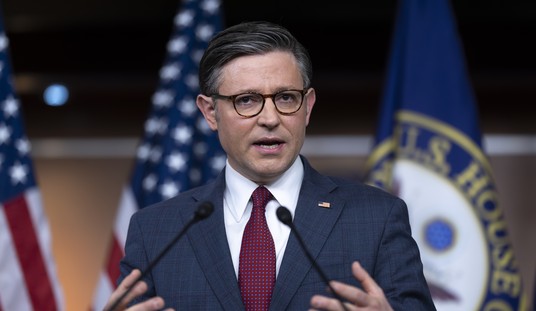


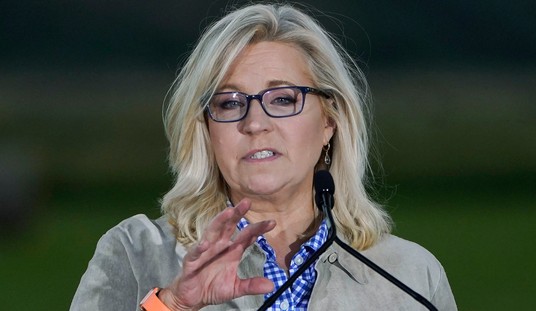
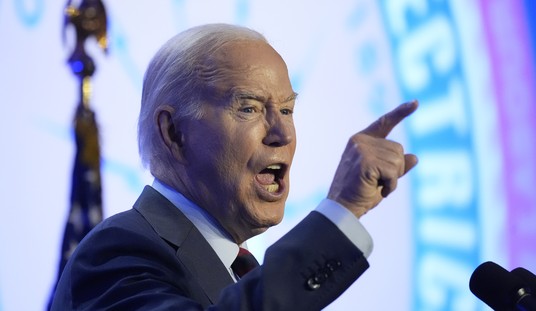




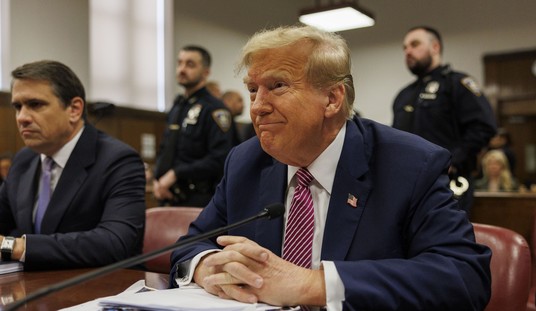
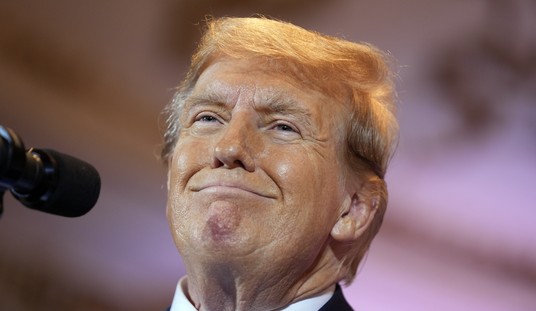

Join the conversation as a VIP Member